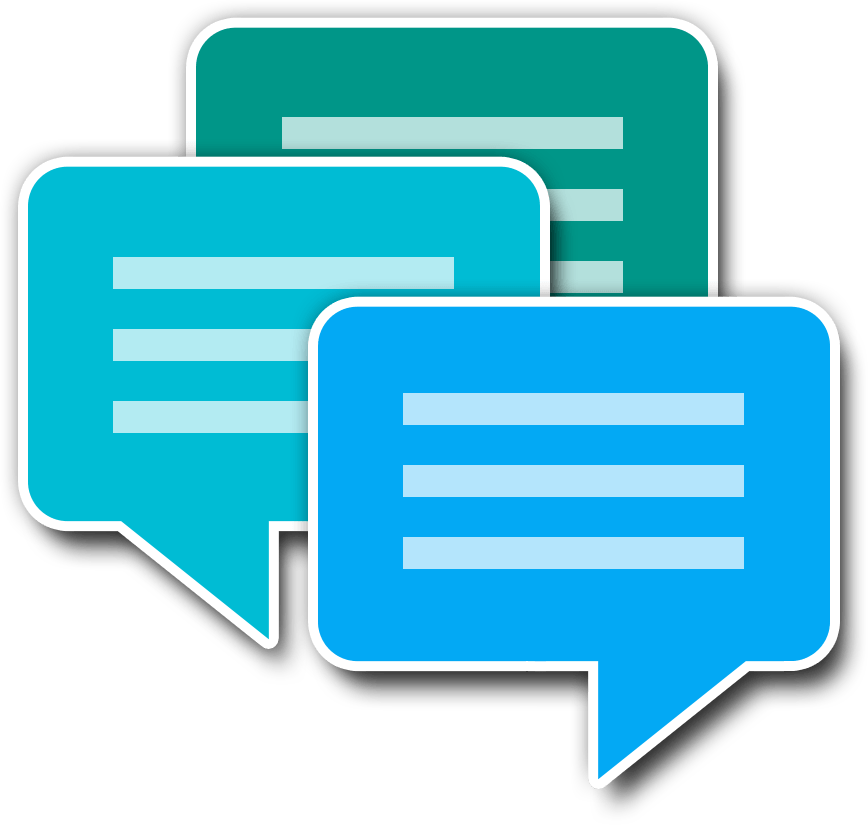Essay 1

Assignment:
Write a 4-5 page* expository essay that demonstrates a functional literacy of your topic, understanding of the conversation, and your ability to perform broad rhetorical analysis.
Discussion:
To do this, you must identify/explain your (broad) topic, summarize/synthesize the conversation (including it’s location/s, and major perspectives, point/s of debate, approaches to discussion, and rhetorical appeals). In other words, you must not only summarize/synthesize what is being said, but how it’s being said. In addition to providing exposition, analysis, synthesis, and summary, your essay should also answer the following questions: Who are the stakeholders? What are the stakes? Who cares? Why?
This Essay Is Not:
- A research paper. While you will read and research, you’re not looking for evidence to support some hypothesis or thesis. You’re looking to gain functional literacy of the conversation and communicate your understanding.
- A bibliographic essay. Again, while you must read and research, you must do more than simply present what you’ve found or list and summarize individual texts. You must identify some point of interest, summarize and synthesize positions, speakers, perspectives, and approaches.
- An argumentative essay. While everything is an argument, your primary aim should be exposition.
- An opportunity to string quotes together. Your essay should contain very little—if any—direct quotation.
Additional Requirements
- Any sources mentioned in the paper should be included in a bibliography at the end of your text.
- While most of your efforts will probably go into reading popular sources, you should also include an overview of scholarly contributions to the conversation (or perhaps scholarly texts relevant to the conversation).
Recommendations:
If you’ve read enough, you should be able to write a rough draft of your essay without turning to any “sources” during the drafting process. If you find yourself Googling mid-paragraph, then you probably haven’t read enough. Read and learn first. Become functionally literate about a topic/issue, and then communicate your understandings in writing.
Due Dates and Submission Information:
| W, 10/5 | “dirty” draft due for peer review & workshop; bring four print copies to class |
| F, 10/7 | revised draft due for instructor feedback; electronic submission TBA |
| W, 10/12 | (tentative) instructor feedback returned via email |
| W, 10/19 | (tentative) final draft of the same one due for grading; electronic submission TBA |
What’s a Dirty Draft?
For our purposes, a “dirty draft” is written in good faith (i.e., not half-assed), but may have components missing or elements that need work.
